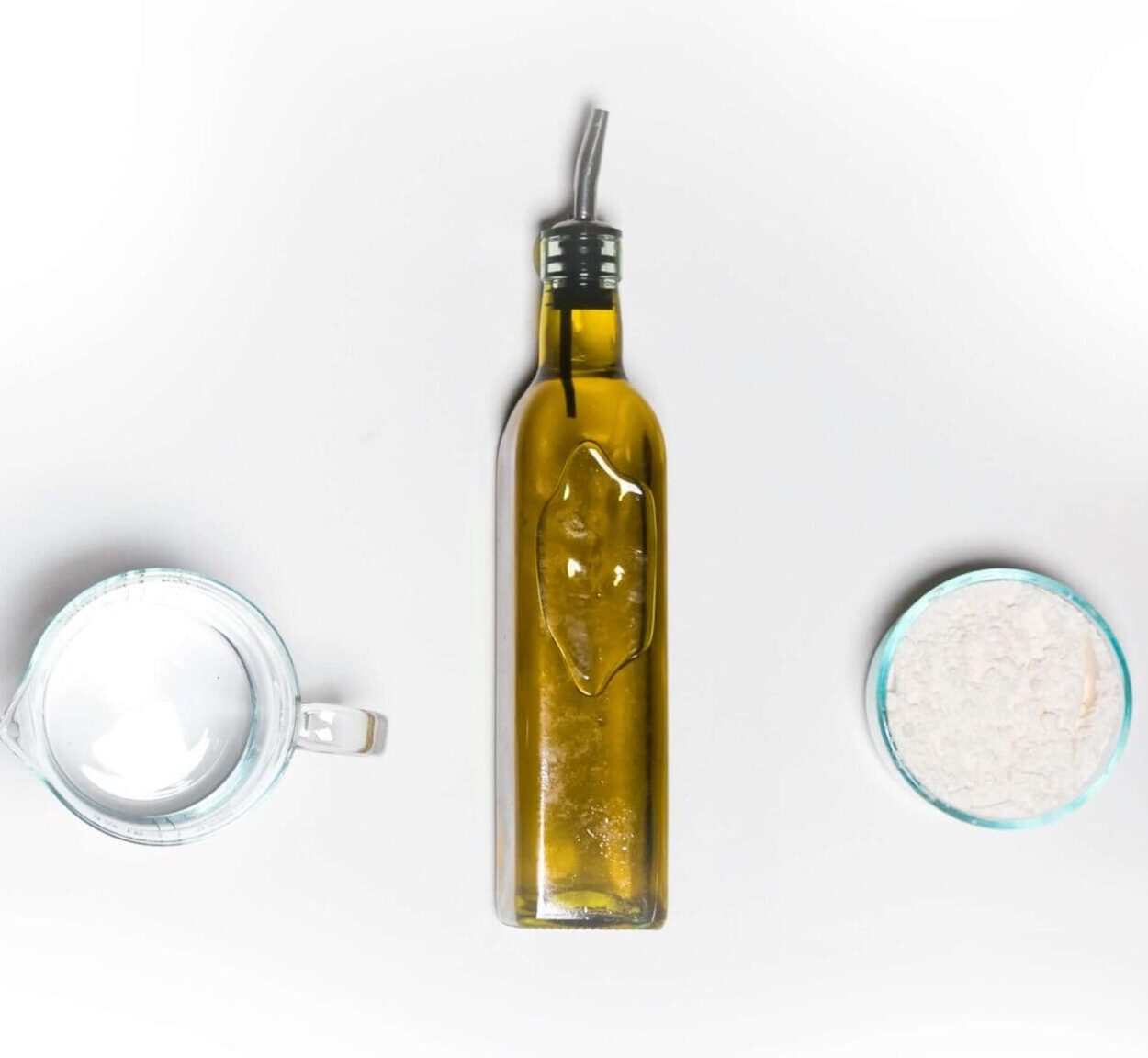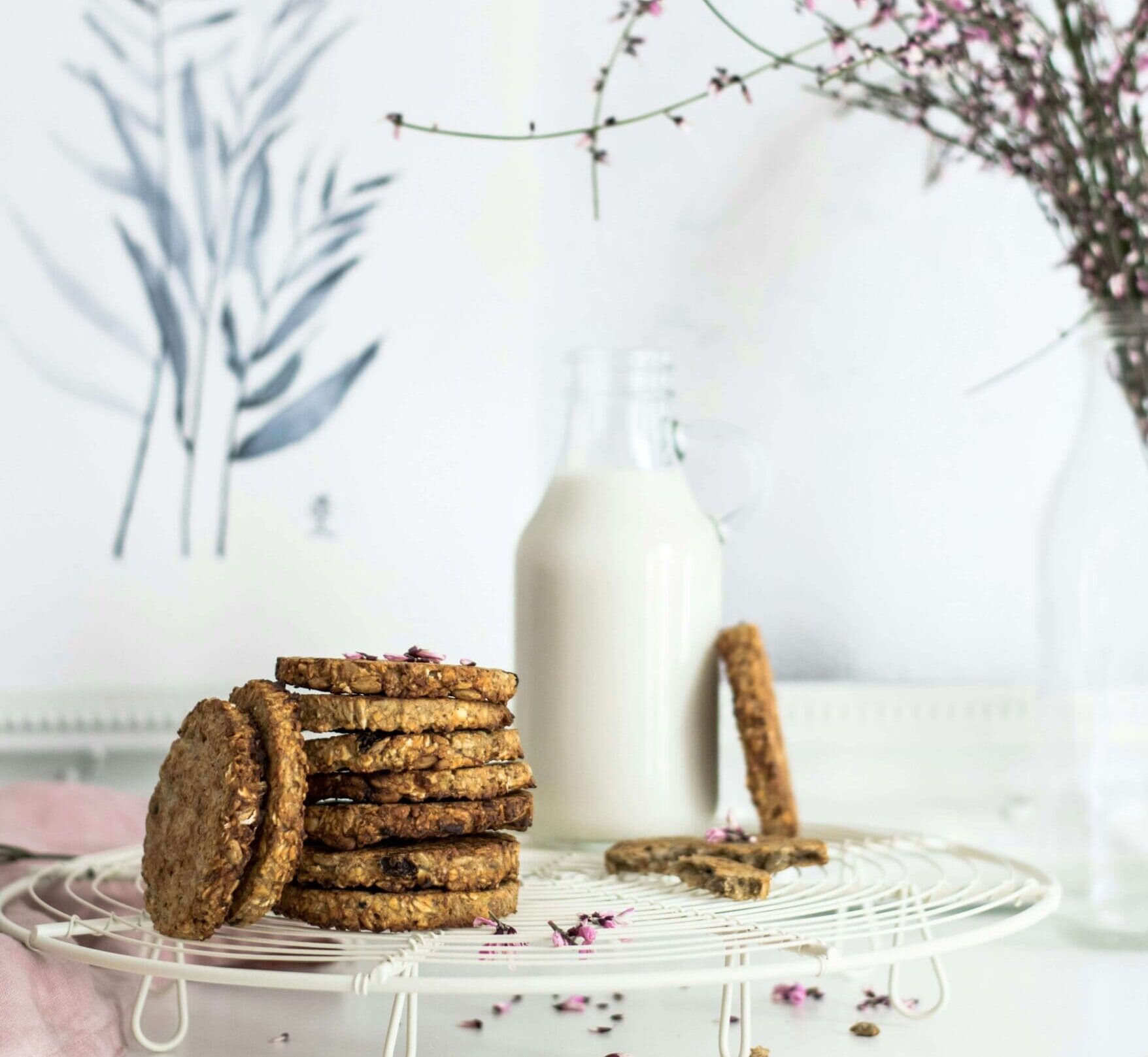Cancer. It’s a word that strikes fear into the hearts of many. We all know someone whose life has been touched by this devastating disease. But what if I told you that there are five simple, delicious, and scientifically proven ways to reduce your risk of cancer? These strategies are not just a part of my job as a leading cancer dietitian; they are also integral to my personal lifestyle. In this blog post, I’ll take you through these five powerful cancer-fighting techniques that I not only recommend to my clients but also practice in my own life. Let’s embark on a journey towards a healthier, cancer-resistant you!
Embrace Dairy as a Nutrient-Packed Ally

Contrary to some misconceptions, dairy products can be your ally in the fight against cancer. Dairy is rich in calcium and vitamin D, both of which play a crucial role in maintaining healthy cells and regulating their growth as well as reducing colon cancer risk. Additionally, the probiotics found in yogurt can promote a healthy gut microbiome, which has been linked to a reduced risk of colon cancers.
As your cancer dietitian, I encourage you to include dairy in your diet. Opt for low-fat versions to keep your calorie intake in check. Greek yogurt, in particular, is a protein powerhouse that can help you maintain a healthy weight, another key factor in cancer prevention.
Berries: Nature’s Little Cancer-Fighting Gems
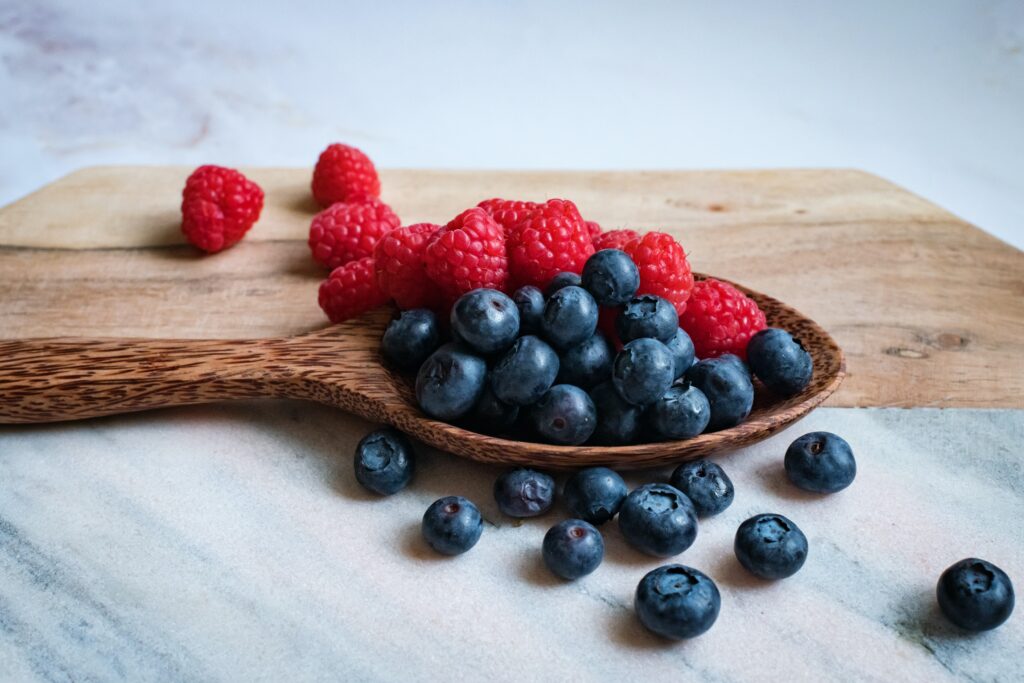
Berries are small but mighty when it comes to reducing cancer risk. These vibrant fruits are loaded with antioxidants, particularly flavonoids and polyphenols, which help protect your cells from damage caused by harmful free radicals. The recommended dose? Try to get in one cup of berries per day, but don’t hesitate to enjoy more if you can!
In my own diet, I make sure to incorporate a variety of berries into my meals. Whether it’s a handful of fresh blueberries on my morning oatmeal or a mixed berry smoothie as an afternoon snack, these little powerhouses are a delightful addition to any diet.
Abstain from Alcohol: Your Liver & Cancer Risk Rate Will Thank You
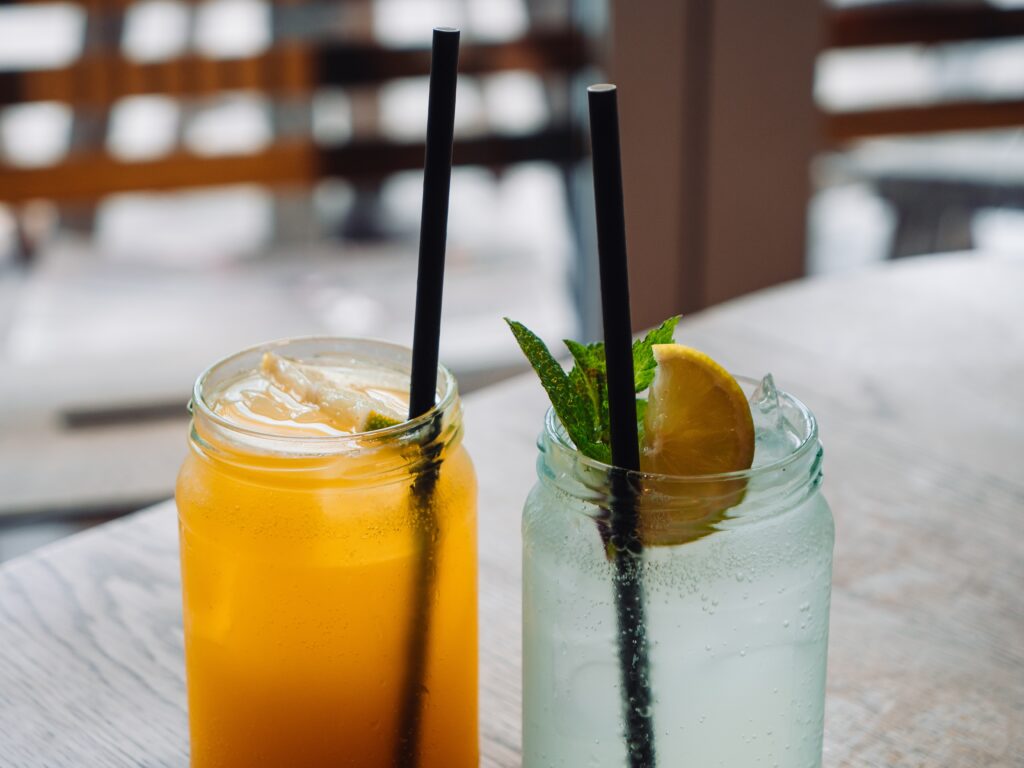
One lifestyle choice that’s non-negotiable in my cancer prevention strategy is abstaining from alcohol. The link between alcohol consumption and an increased risk of several types of cancer, including breast and liver cancer, is well-established. Alcohol not only damages your DNA but also hinders your body’s ability to break down and absorb cancer-fighting nutrients from your food.
As your dietitian, I emphasize the importance of making a conscious choice to skip the booze. Opt for alcohol-free alternatives and savor the myriad of benefits that come with a sober lifestyle – better sleep, improved mental clarity, and a significantly reduced cancer risk.
Saying no to alcohol to reduce cancer risk can sometimes be a challenge, especially in social situations. Here are ten polite and effective ways to decline alcohol…
- Direct and Firm: “No, thank you, I don’t drink alcohol.”
- Health Reasons: “I’m focusing on my health right now, so I’ll pass on the alcohol.”
- Designated Driver: “I’m the designated driver tonight, so I can’t have any alcohol.”
- Personal Choice: “I’ve made a personal choice to abstain from alcohol.”
- Allergies or Intolerance: “Alcohol doesn’t agree with me; I have allergies/intolerance.”
- Alcohol-Free Challenge: “I’m participating in a no-alcohol challenge for [insert duration].”
- Medication Interaction: “I’m on medication that doesn’t mix well with alcohol.”
- Future Plans: “I have some early plans tomorrow, so I’m avoiding alcohol tonight.”
- Alternative Beverage: “I’ll have a [non-alcoholic drink] instead, thanks!”
- Gratitude: “I appreciate the offer, but I’ll pass on the alcohol this time.”
Remember, it’s perfectly acceptable to decline alcohol for any reason or no reason at all. Your decision to abstain should always be respected by others.
Whole Grains: Fueling Your Body with Fiber and Nutrients
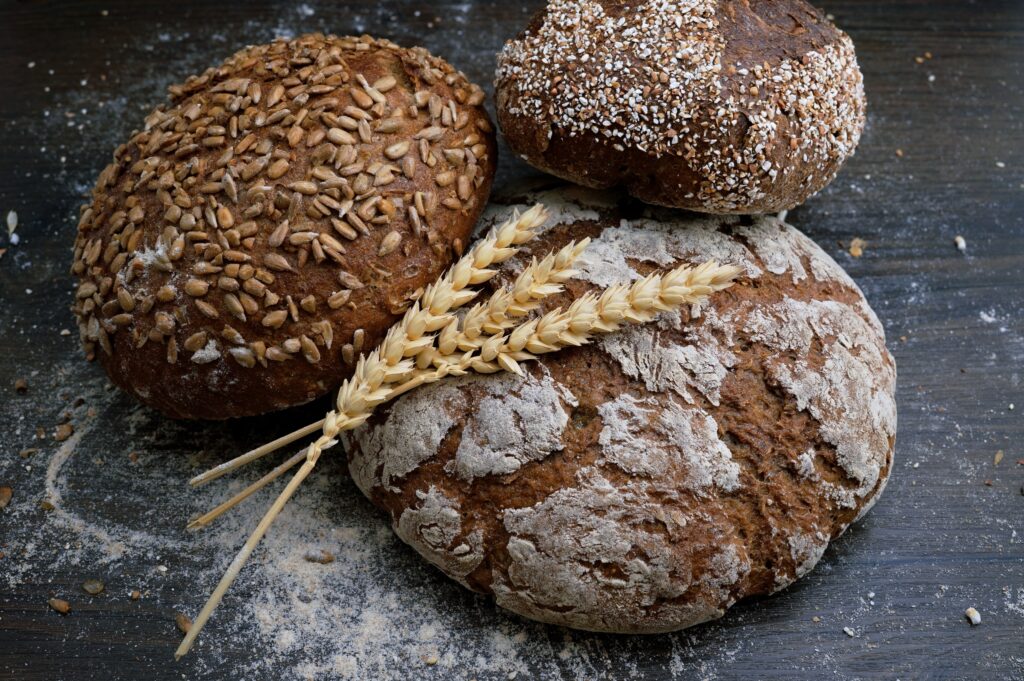
Whole grains are a cornerstone of my personal and professional approach to cancer prevention. Unlike refined grains, whole grains retain their nutrient-rich bran and germ layers, which are packed with fiber, vitamins, minerals, and antioxidants. Fiber, in particular, plays a crucial role in maintaining a healthy digestive system and helps to reduce the risk of colorectal cancer.
Swap out refined grains like white bread and pasta for whole-grain alternatives like whole wheat, brown rice, quinoa, and oats. These grains not only keep you feeling full and satisfied but also provide essential nutrients that your body needs to ward off cancer.
Here’s a list of 20 whole grains along with their approximate serving sizes and fiber content:
- Quinoa (1 cup cooked) – About 5 grams of fiber
- Brown Rice (1 cup cooked) – Approximately 3.5 grams of fiber
- Oats (1 cup cooked) – Roughly 4 grams of fiber
- Barley (1 cup cooked) – About 6 grams of fiber
- Whole Wheat Pasta (1 cup cooked) – Approximately 6 grams of fiber
- Bulgur (1 cup cooked) – Around 8 grams of fiber
- Millet (1 cup cooked) – About 2 grams of fiber
- Farro (1 cup cooked) – Roughly 8 grams of fiber
- Amaranth (1 cup cooked) – Approximately 5 grams of fiber
- Teff (1 cup cooked) – About 5 grams of fiber
- Spelt (1 cup cooked) – Around 10 grams of fiber
- Freekeh (1 cup cooked) – Roughly 8 grams of fiber
- Wild Rice (1 cup cooked) – Approximately 3 grams of fiber
- Whole Wheat Couscous (1 cup cooked) – About 6 grams of fiber
- Sorghum (1 cup cooked) – Roughly 8 grams of fiber
- Rye (1 cup cooked) – Approximately 5 grams of fiber
- Buckwheat (1 cup cooked) – About 4 grams of fiber
- Whole Wheat Bread (1 slice) – Roughly 2-3 grams of fiber
- Whole Grain Tortilla (1 tortilla) – Approximately 4-5 grams of fiber
- Whole Grain Cereal (1 cup) – Varies by brand but can range from 3 to 10 grams of fiber
Please note that fiber content can vary slightly depending on factors such as cooking method and specific brands of products. It’s always a good idea to check the packaging for the most accurate nutritional information. Including a variety of these whole grains in your diet can help you meet your daily fiber intake and promote better digestive health.
Load Up on Fruits and Vegetables
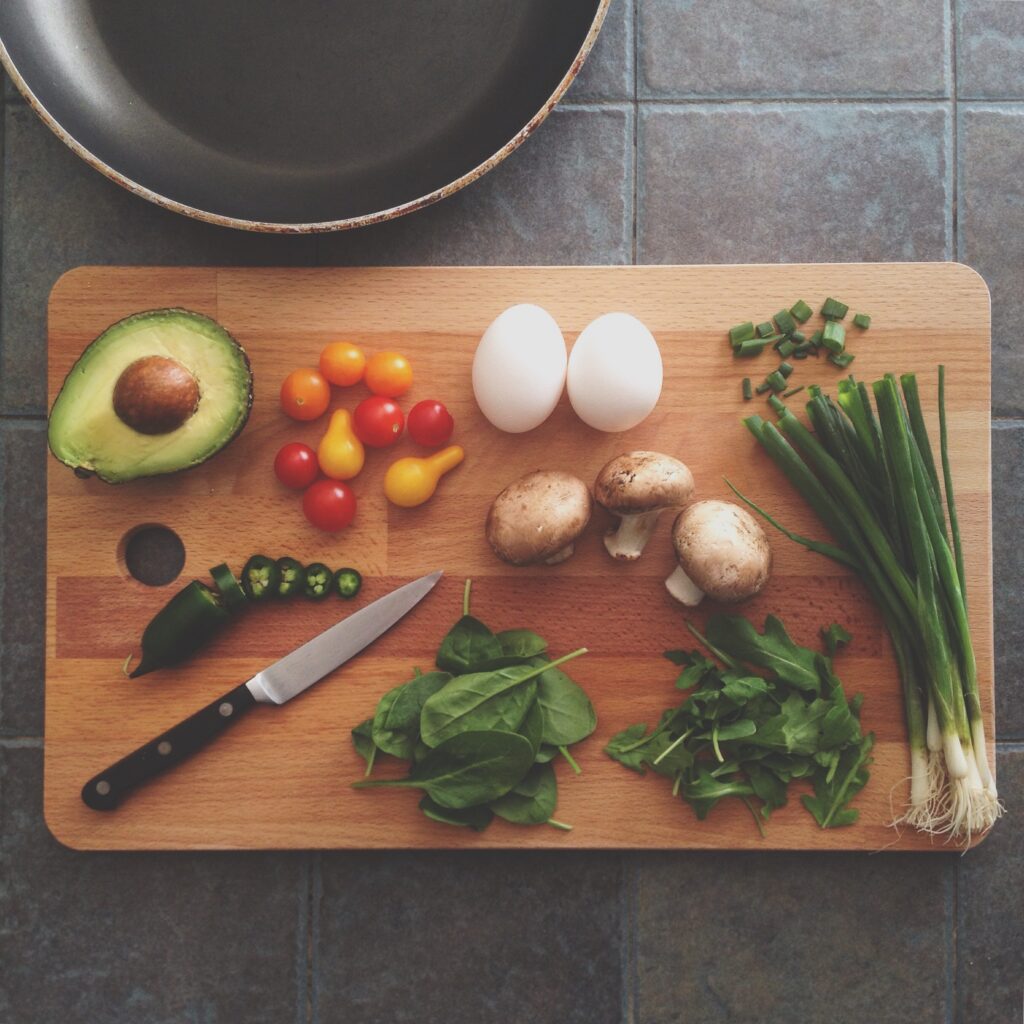
Last but certainly not least, fruits and vegetables are your ultimate allies in the battle against cancer. Aim for at least five servings a day to flood your body with essential vitamins, minerals, and antioxidants. The diverse array of nutrients found in fruits and vegetables can help protect your cells from DNA damage and promote a healthy immune system.
As a cancer dietitian, I know the importance of practicing what I preach. My daily plate is filled with colorful, plant-based foods. I encourage you to experiment with different fruits and vegetables, making every meal a vibrant, cancer-fighting masterpiece.
Conclusion
Reducing your cancer risk doesn’t have to be a daunting task. By following these five strategies, which are not only part of my professional expertise but also my personal lifestyle, you can take control of your health and work towards a cancer-resistant future. Remember, it’s never too late to start making positive changes in your diet and lifestyle. Embrace dairy, indulge in berries, skip alcohol, choose whole grains, and load up on fruits and vegetables. Your body will thank you, and together, we can pave the way for a healthier, cancer-free tomorrow for you!
Want all the answers, step by step, on how to build and eat to reduce cancer risk, but not sure where to start? My Membership, Cancer Simplified, gives you the essentials you need to face cancer with confidence. None of the nitty gritty science articles, no more endless google searches. Just easy guided modules with trainings by myself and other experts in the field. Click here to join!
My new book is filled with recipes that are simple, nutritious, and chock-full of cancer prevention ingredients so that you can quiet the question “What do I eat??!” and fuel without fear. Click here to pre-order your copy of The F*** Cancer Cookbook
Don’t forget to also check out my first book and a #1 Bestseller, Sugar Does Not Feed Cancer: The Complete Guide to Cancer Prevention Nutrition & Lifestyle. Inside, I break down the basics of cancer metabolism and provide practical nutrition guidance to help you feel completely confident around food and mealtimes while reducing cancer risk!
Follow me on Instagram, CLICK HERE
Follow me on TikTok, CLICK HERE
Grab one of my four freebies, SHOP FREEBIES HERE
This blog is not intended as medical nutrition therapy, medical advice, or diagnosis and should in no way replace consultation or recommendations from your medical professional.


